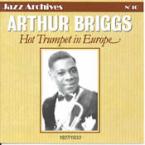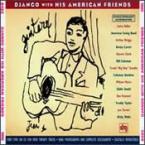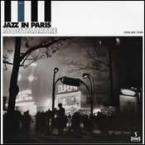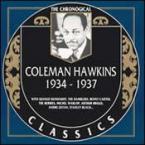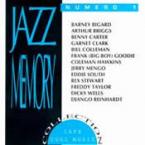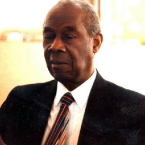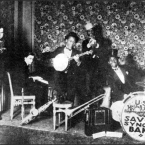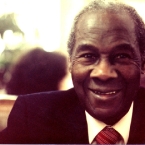Briggs, [James] Arthur (1899-1991)
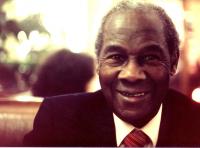
Considered one of the best trumpeters in Europe; some oral history accounts state that Briggs spent some of his childhood in Charleston and studied music at Jenkins Orphanage along with his cousin and tuba player, Pete Briggs; other accounts state that Briggs did not spent time at Charleston’s Jenkins Orphanage but studied perhaps in New York City with Jenkins Orphanage instructor, Francis Eugene Mikell; as a youth, he began playing trumpet with James Reese Europe’s 369th U.S. Infantry Band; trumpeter with the Southern Syncopated Orchestra under Will Marion Cook in 1919 along with clarinetist, Sidney Bechet; gave a command performance at Buckingham Palace for King George and Queen Mary in England; founded Hot Club de France, a nightly Parisian hot spot and helped define jazz in Paris over six decades; organized the Savoy Syncopated Orchestra in 1922 with a multinational roster in Brussels – the orchestra recorded 64 dance band selections with several jazz solos in Berlin during 1927, alone; a student of Louis Armstrong, Briggs also performed in Germany and Austria and played in Noble Sissle’s Orchestra; along with Sidney Bechet, Briggs worked and recorded in Berlin extensively in the 1920s with a band of mixed European and American origin; performed with saxophonists Benny Carter and Coleman Hawkins (who he recorded the classic, “Blue Moon” with in 1935), guitarist Django Reinhardt and the French violinist Stephane Grappelli; in the 1930s, he co-led a band with pianist, Freddy Johnson (a student of Jenkins Orphanage music instructor, Francis Eugene Mikell) and Jenkins Orphanage band member, Herb Flemming; interned during the German occupation of France in World War II for four years, after which he led his own bands and taught in French music schools beginning in 1964; Briggs is laid to rest at the Montmartre cemetery in Paris.
Photo Courtesy of Kathleen Wyer Lane
Image Gallery
Selected Albums
